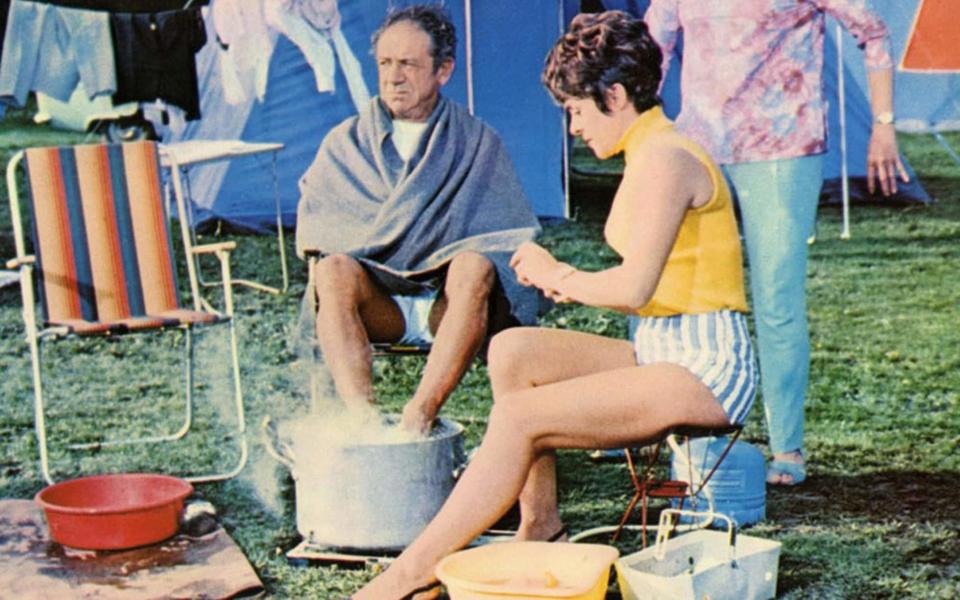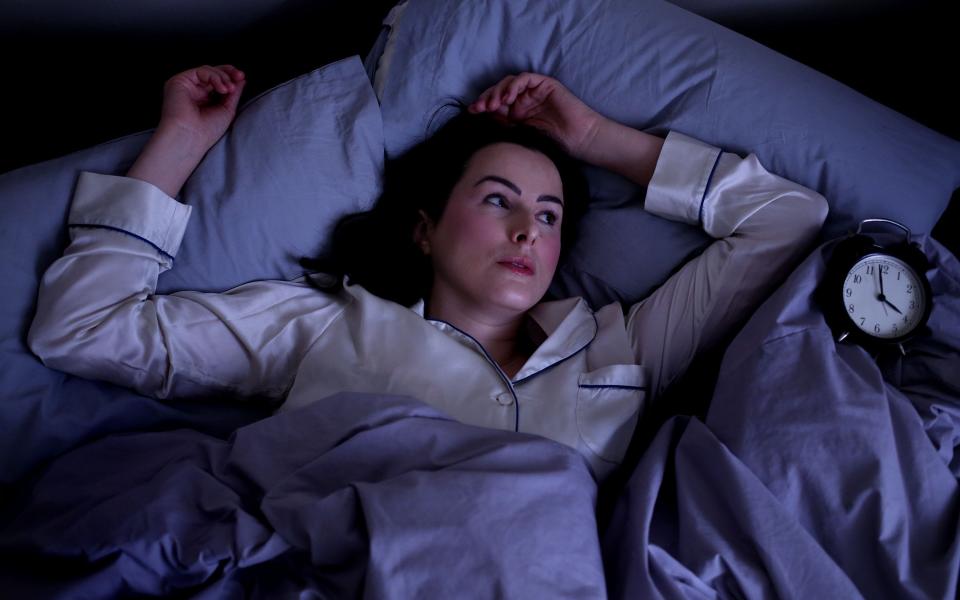Can't sleep? Insomniacs should try camping, say scientists
Over the years, insomniacs have been offered pills, plants, “mindfulness”, and even special lamps to help them get off to sleep.
But it now turns out that a far simpler solution has always been at hand, and one that is, literally, all around: the great outdoors.
New research suggests that rather than lying in bed miserably counting imaginary sheep, insomniacs should get out among some real ones and try a spot of camping.
If a person wants to go to bed at an earlier hour, then a weekend camping could be just the thing
Dr Kenneth Wright, University of Colorado Boulder
According to a new study, just a couple of nights under canvas is enough to reset the body’s internal clock, enabling people to fall asleep more quickly.
Modern living is increasingly depriving people of sufficient natural light, causing the timing of their circadian rhythm to slip.
However, a new experiment by the University of Colorado revealed how a stint in the countryside is able to rapidly shift the timing forward by two and a half hours, allowing campers to go to bed at a civilised hour once they returned home.
The altered rhythms were detected by measuring levels of the hormone melatonin in the participants.
Going to bed late is thought to contribute not only to sleepiness and reduced productivity during the day, but also more serious conditions like mood disorders, diabetes and obesity.
“If a person wants to go to bed at an earlier hour, then a weekend camping could be just the thing,” said Dr Kenneth Wright, who led the research.
“Our findings demonstrate that living in our modern environment contributes to late circadian timing regardless of season and that a weekend camping trip can reset our clock rapidly.”
Previous research by the same team established that people’s modern exposure to electrical lighting causes roughly a two-hour delay in circadian timing and that a week of summer sun shifted those internal rhythms back.
But the scientists wanted to discover whether the same effect could be triggered by far shorter exposure.
In the new study, they sent a group of nine people out camping with no torches or mobile phones for a single weekend, and found that the light exposure was enough to bring their internal clocks forward.
Being outdoors and not having access to any technology also prevented the campers from delaying the time they went to sleep, which also helped reset their sleeping patterns.
Dr Wright said that, for most city-living people, modern living reduces light exposure by a factor of 13.
"Our findings highlight an opportunity for architectural design to bring in more natural sunlight into the modern built environment and to work with lighting companies to incorporate tunable lighting that would be able to change across the day and night to enhance performance, health, and well-being," he said.
Insomnia is currently increasing in Britain, with one in two people enduring the disorder at some time.
Earlier this week, Norwegian researchers reported a link between sleepless nights and asthma, saying chronic insomnia could triple the chances of developing the potentially fatal condition.
NHS guidance recommends avoiding caffeine, nicotine and alcohol at night and not napping during the day for affected people.
If practical alterations such as these have no impact, GPs can recommend cognitive behavioural therapy, aimed at tackling unhelpful thoughts or actions that could be contributing to insomnia, or sleeping tablets in severe cases.
The new study was published in the journal Current Biology.

 Yahoo News
Yahoo News 

